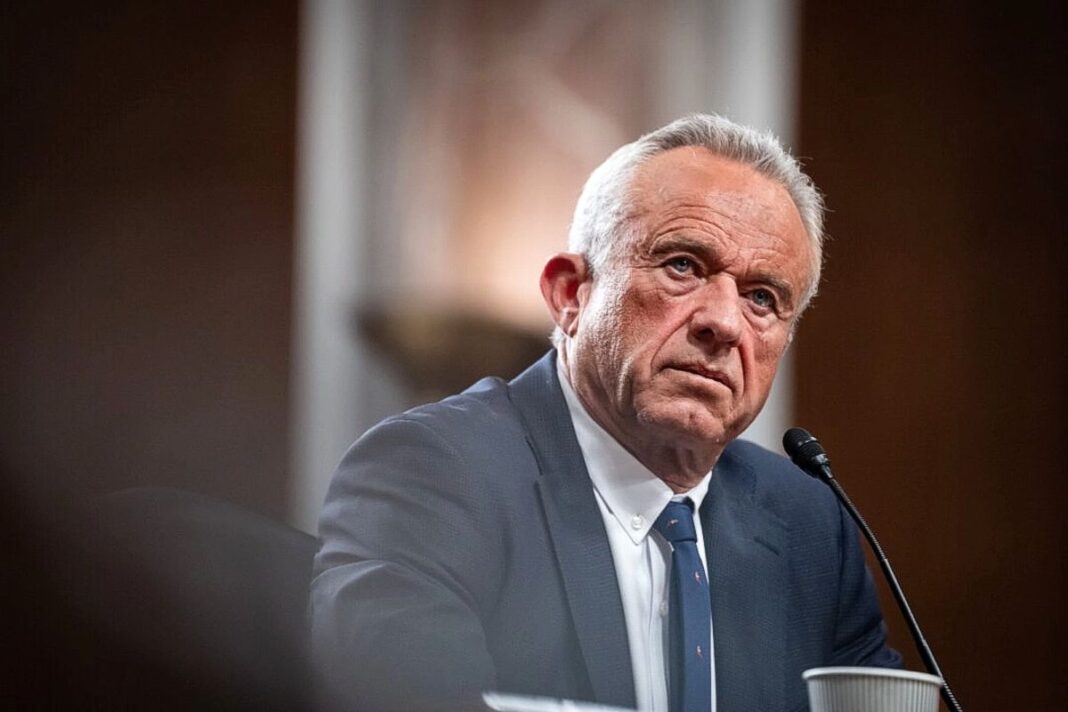Hysteria has erupted here and abroad over President Donald Trump’s threats to level trade tariffs against particular countries.
Both American and foreign critics blasted them variously as either counterproductive and suicidal or unfair, imperialistic, and xenophobic.
Certainly, tariffs are widely hated by doctrinaire economists. They complain that tariffs burden consumers with higher prices to protect weak domestic industries that, shielded from competition, will have no incentive to improve efficiency.
Their ideal is “free” trade. Supposedly a free global market alone should adjudicate which particular industry in any country can produce the greatest good for the world’s consumers, whether defined by lower prices or better quality, or both.
Even when “free trade” becomes “unfair trade”—such as China’s massive mercantile surpluses—many neoliberal economists still insist that even subsidized foreign imports are beneficial.
Cheap imports, Americans were told, supposedly still lowered prices for consumers, still forced domestic producers to economize to remain competitive, and still brought “creative destruction,” as inefficient domestic industries properly gave way to more efficient, market-driven ones.
But many exporters to the U.S. are propped up by their own governments.
They may seem more competitive only because their governments want to dump products at a loss to capture market share, subsidize their businesses’ overhead to protect domestic employment or seek to create a monopoly over a strategic industry.
Yet when Trump threatened to level tariffs against Mexico, Canada, Colombia, Venezuela, China, or the European Union, they were not primarily aimed at propping up particular inefficient U.S. industries at all.
Instead, an exasperated Trump threatened Mexico with tariffs for three reasons.
It refused to address its cartels’ illegal multibillion-dollar export of lethal fentanyl into the United States.
Third, Mexico grows its American trade surpluses each year. The imbalance is now a mind-boggling nearly $170 billion.
Trump threatened Canada because it has so far refused to police its side of an open and increasingly dangerous border. And it has racked up a $50 billion surplus by leveling asymmetrical tariffs on lots of U.S. products.
Canada also has refused to keep its NATO promises to spend 2 percent of its GDP on defense.
Canada’s pathetic 1.37 percent expenditure is predicated on American magnanimity. The U.S. alone protects Canada under the American North American nuclear shield and subsidizes NATO deadbeats like Canada by funding some 16 percent of the budget of the 32-nation alliance, as well as policing the international seas.
As for Venezuela and Colombia, both communist nations have deliberately emptied their prisons to send hundreds of thousands of illegal aliens into the U.S.—many of them violent felons. They do so either out of crass self-interest, hatred, or a strategic desire to weaken America.
China is a special case.
Its entire 20th-century ascendance was based on stealing U.S. technology, dumping its products on the U.S. market below the cost of production to capture market share, and forcing American corporations to relocate, offshore, and outsource—leaving our industrial hinterland a “rustbelt.”
The European Union runs a gargantuan half-trillion-dollar surplus with the U.S.
How?
Because for nearly the last 80 years, the U.S. has subsidized its defense during the Cold War and afterwards.
Europe acts as if it is recovering from World War II, so it can hit up a supposedly limitless rich American patron with asymmetrical tariffs.
Consider the various Trump “tariffs” leveled by an exasperated, and now $36 trillion-indebted, America. Almost none of them meet the traditional definitions of an industry-protecting tariff.
Instead, they are the last-gasp tools of American leverage used only when decades of bipartisan diplomacy, summits, entreaties, and empty threats have all failed.
So, Trump is not a mercantilist.
Instead, he is trying to stop the multimillion-person influx of foreign criminals, the crashing of the border by millions of illegal aliens, the cartels’ export of American-killing drugs, the violation of past trade agreements, and allies from using America to subsidize their own defense.
The Trump tariffs are the last, desperate effort to reestablish global reciprocity and keep America safe.
And our “shocked” friends, allies, and enemies privately have known that all too well.








